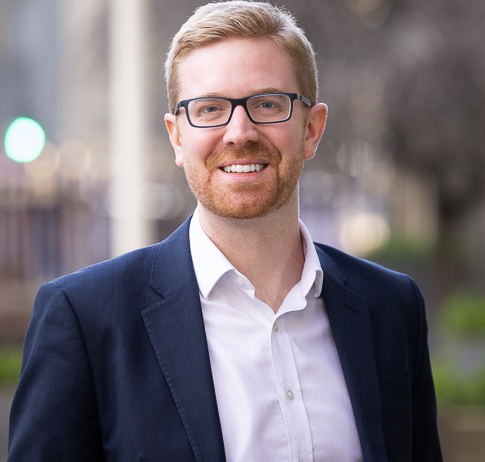As this year's Great British Bake-off (or 'Great British Baking Show' to those in the US) nears the home straight, a Christian bakery in Northern Ireland has been cooking up a storm in the UK Supreme Court.
The case of Lee v MacArthur and Ashers Baking Company Ltd involved a Christian bakery which refused to bake a cake for a gay customer with the slogan 'Support Gay Marriage' for a private function. The Northern Ireland Court of Appeal had upheld the lower court's decision in 2016 that the customer had suffered direct discrimination because of his association with the protected characteristic of sexual orientation. That decision was appealed and heard in the UK’s Supreme Court back in May and this week the court handed down its decision, granting the Christian bakery’s appeal. The court ruled that ‘the bakers did not refuse to fulfil [Mr Lee’s] order because of his sexual orientation. They would have refused to make such a cake for any customer, irrespective of their sexual orientation.’ The Supreme Court explained that ‘The bakers could not refuse to supply their goods to Mr Lee because he was a gay man or supported gay marriage, but that is quite different from obliging them to supply a cake iced with a message with which they profoundly disagreed.’
What is perhaps most noticeable for those in the US, is how closely this case resembles the case of Masterpiece Cakeshop v Colorado Civil Rights Commission heard earlier this year by the US Supreme Court. That case also involved a Christian bakery which refused to bake a bespoke wedding cake ordered by a same-sex couple. The couple lodged a complaint with the Colorado Civil Rights Commission who agreed that the couple had been wrongfully discriminated against because of their sexual orientation. The Colorado Civil Rights Commission then referred the couple's case to a formal hearing before a judge and the case found its way to the US Supreme Court.
It was recognised by the Supreme Court that there were at least two competing rights: on the one hand, the authority of a state and its governmental entities to protect the rights and dignity of gay persons who are, or wish to be, married but who face discrimination when they seek goods or services, and on the other hand, the right of all persons to exercise fundamental freedoms under the first amendment, namely freedom of speech and the free exercise of religion.
However, in what could have been a landmark ruling, the US Supreme Court side-stepped making a definitive decision on a key constitutional tension by pinning its decision on a procedural 'error' by the Colorado Civil Rights Commission. The Supreme Court decided (7-2) that the Colorado Civil Rights Commission had in fact violated the Christian baker's right to the free exercise of religion, as it had shown a 'clear and impermissible' hostility towards the sincere religious beliefs motivating the baker's objection. This avoided a decision on which civil right ought to take precedence over the other in relation to the main facts of the case.
The UK and US Supreme Court decisions indicate that judges on both sides of the Atlantic face a task in reconciling competing rights that makes Paul Hollywood and Prue Leith’s jobs look easy. Both US and UK law effectively leave this task to the courts, by giving equal importance to rights that may come into conflict with each other, usually in cases involving the conflict between religious belief and sexual orientation. The UK Supreme Court is widely perceived to have allowed religious belief to take precedence in the Lee case, but a close look at the judgment shows that the decision is nuanced and had the bakery refused to make the cake because of the sexual orientation of the customer rather than the message on the case, the outcome would have been very different.

